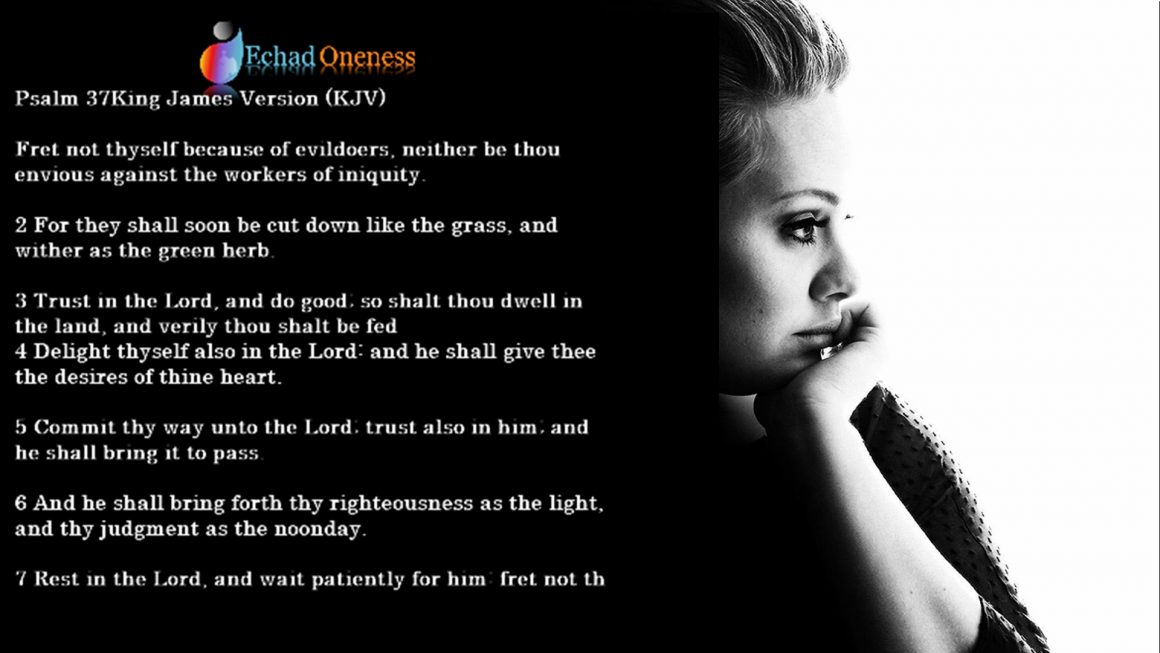Attributes of God in Christian theology:
- Aseity—That “God is so independent that he does not need us.” It is based on Acts17:25, where it says that God “is not served by human hands, as if he needed anything”. This is often related to God’s self-existence and his self-sufficiency.
- Eternity—That God exists beyond the temporal
- Graciousness—That God extends His favor and gifts to human beings unconditionally as well as conditionally.
- Immanence—That although God is transcendent and holy, He is also accessible and can be dynamically experienced.
- Immutability—That God’s essential nature is unchangeable.
- Impassibility—That God does not experience emotion or suffering (a more controversial doctrine, disputed especially by open theism).
- Impeccability—That God is incapable of error (sin).
- Incorporeality—That God is without physical composition. A related concept is the spiritualityof God, which is derived from Jesus’ statement in John 4:24, “God is spirit.”
- Love—That God is care and compassion. 1 John 4:16 says “God is love.”
- Omnibenevolence—That God is omnibenevolent. Omnibenevolenceof God refers to him being “all good”.
- Omnipotence—That God is supremely or all-powerful.
- Omnipresence—That God is the supreme being, existing everywhere and at all times; the all-perceiving or all-conceiving foundation of reality.
- Omniscience—That God is supremely or all-knowing.
- Oneness—That God is without peer, also that every divine attribute is instantiated in its entirety (the qualitativeinfinity of God). See also Monotheism and Divine simplicity.
- Righteousness—That God is the greatest or only measure of human conduct. The righteousness of God may refer to his holiness, to his justice, or to his saving activity through Christ.
- Transcendence—That God exists beyond the natural realm of physical laws and thus is not bound by them; He is also wholly Otherand incomprehensible apart from general or special self-revelation.
- Veracity—That God is the Truth all human beings strive for; He is also impeccably honest. Titus1:2 refers to “God, who does not lie.”
- Wisdom—That God fully comprehends human natureand the world, and will see His will accomplished in heaven and on earth. Romans 16:27 speaks about the “only wise God”.

